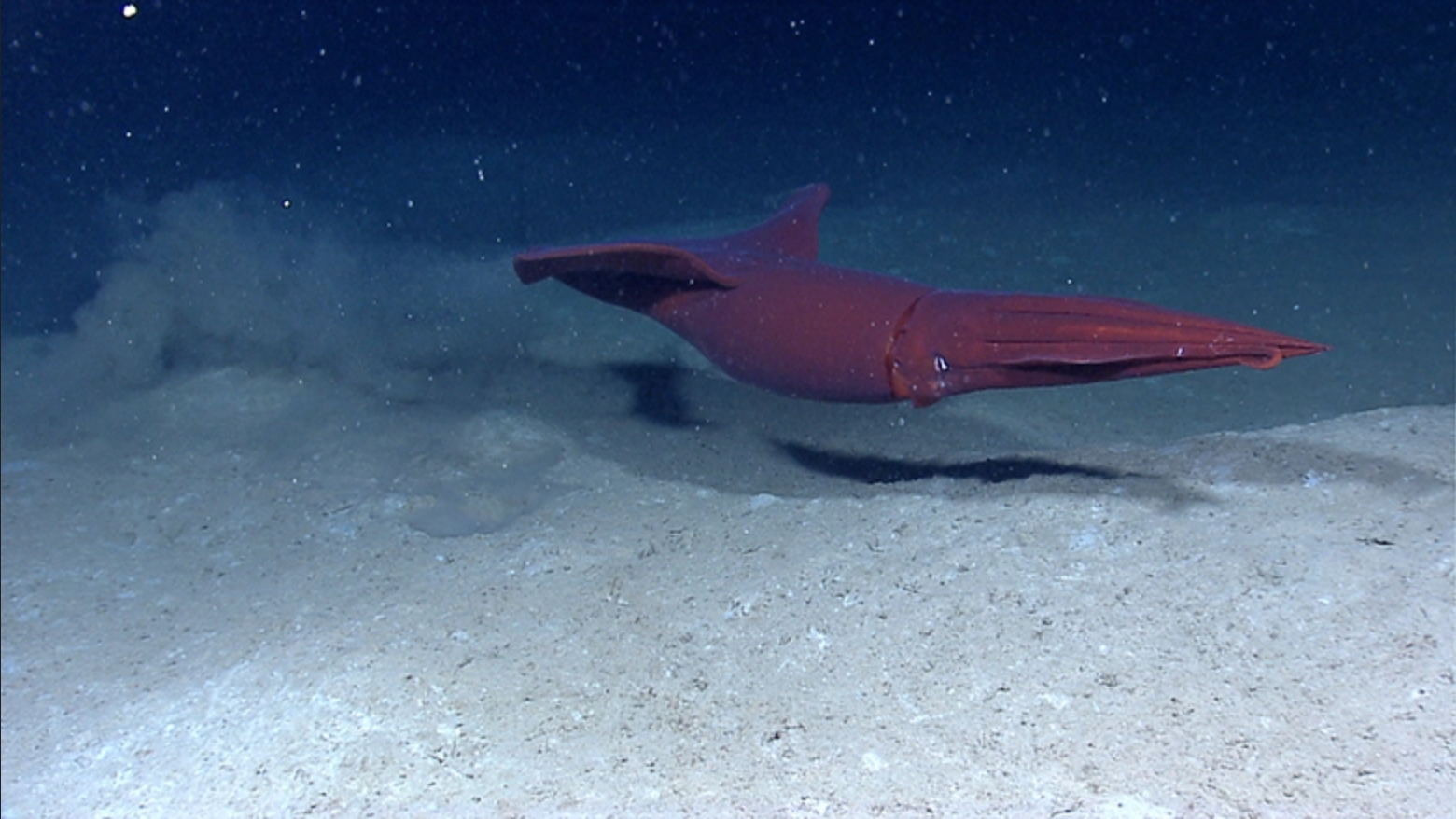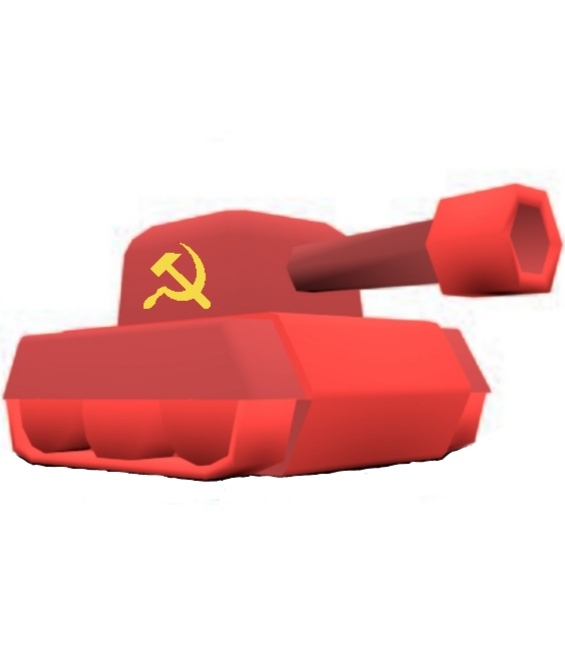Mars, it’s a Red Planet after all
But seriously, Earth of course
Earth. Never been elsewhere
My favourite is Uranus 😳
Uranus
I pronouce it as “Oo-ra-noose”
deleted by creator
I meant that’s how I pronounce Uranus
100% serious Earth,
If earth is out, Mars
i like mars, but i have a little fascination to go inside uranus
Your buttholeUranusQuite like this one tbh
Earth is objectively the coolest, obviously, but Venus is a “yas queen slaaaaaay” in my book. Absolute girlboss. So hot.
Actually, the coolest planet is Uranus, at around -224 Celsius.
Saturn, its pretty
I find Neptune to be utterly fascinating. Ever since I was a kid, I always felt this mysterious attraction to it, like a calling.
And I’m not just saying this because the latest Destiny 2 expansion takes place on Neptune.
I also only recently learned that Neptune is an “ice giant.”
Meaning that despite being primarily made of gas, the extreme atmospheric pressures and varied temperatures mean that the deeper you go into the planet, at a certain point that gasses become so compact that it becomes almost like a liquid mix, and that Neptune itself has a rocky core under thousands of miles of searing winds, methane, water ice, and raining diamonds.
Sorry but ice giants aren’t unique in having a liquid interior, gas giants do also, and in fact below the liquid H/He ocean there will be more phase transitions, with a solid, metallic phase of hydrogen at the bottom, and then a core probably made of diamond, or at the very least all the rocky and other heavy stuff that will have sunk down there over its history.
The name ‘ice giant’ is one of these stupid astronomical naming conventions that makes no sense to the rest of us, specifically ‘ices’ means ‘volatile’ chemical compounds like water, ammonia and methane, and an ice giant is composed primarily of elements heavier than H/He, but they won’t actually be in an ‘ice’ form like what we put in our drinks, as you say, there’ll be liquid oceans once the pressure gets high enough.
I am aware that gas giants have rocky cores as well.
The idea of liquid oceans of gas is enthralling to me.
Well, they’re not really ‘liquid gas’ they’re just liquid, for me the metallic bit is the coolest thing. It’s kind of a holy grail of high energy chemistry to recreate that in the lab afaik. But I’m not a chemist so…
I mean, earth is pretty special with the whole “life” thing it has going on, at least for the time being.
Saturn is probably my second because it’s just got a lot of neat shit going on I mentioned in another comments.
I would however like to mention something that’s also super interesting to me and it’s that the largest “object” in the solar system isn’t the Sun. It’s Jupiters magnetosphere. https://solarsystem.nasa.gov/resources/11663/jupiters-magnetosphere/
It’s crazy. If it could be seen with the naked eye it would be 2-3 times the size of the sun in the sky. It’s so vast it actually starts to reach solar winds into Saturns orbit. That’s right. It’s so fucking ridiculous that its effects reach into the orbit of the next planet. Now there’s a lot of speculation as to how this has happened but I believe the most prominent theory is that Jupiters core contains metallic hydrogen. That is, hydrogen that is so compressed it actually forms a solid metal. We have created this in labs before and it’s stupid hard. They literally tried compressing hydrogen using diamonds and it would shatter the diamonds before the hydrogen atoms would compress enough to form a solid. So they had to use a different gem (ruby I think) that they vibrated at a certain frequency. So basically as these gems vibrated with the hydrogen in-between them as specific points in the vibration the hydrogen was compressed JUST enough to act as if it was a solid metal. The first time this happened they had several instruments set up to measure the minute magnetic field that would be created (they used a VERY small amount of hydrogen atoms). Well the field was so strong it blew all the sensors. So based on what we know, the only thing we can think of that would be able to generate a magnetic field this strong would be a bunch of solid metal hydrogen.
Also Jupiter is so massive that the Sun and Jupiter actually or it each other. It’s called the Barycenter and it’s a spot of empty space a bit outside of the Sun.
Jupiter is also the reason we have an asteroid belt. See, where the asteroid belt is there SHOULD be a planet. But none can form because Jupiters gravity is so strong it constantly prevents any one object from being able to coalesce into a planet by attracting and absorbing the rest of the asteroids.
Mars. Mainly because it’s Red, and I like red.#
I think Venus because at a precise altitude in its massive atmosphere the pressure and temperature are actually livable which mean we could theoretically setup sky cities which I find wild and dreamy (and totally unreasonable let’s face it)
Also the gravity is similar to Earth so no bone disease
Aside from Earth? Probably Jupiter.
I used to tried to write my own science fiction, so some of my perception came from there. Jupiter is a rather…interesting place. To named a few reasons :
-
Stupidly strong radiation belt, the kind of which made Van Allen belt look like a tiny flashlight. Bad for colonization, but theoretically can be tapped to generate practically unlimited energy for whatever infrastructure you placed there. Since the rule of potential future space colonization is that “matter is cheap, energy is expensive”, this is actually great. The main downside is you’ll need tons of radiation shielding, but that’s simpler than life support system necessary for such.
-
With the exception of Saturn’s Titan, Jupiter has the most interesting systems of satellite in the solar system. The four Galilean moons alone are treasure tropes for a lot of scifi writer.
-
The coloration. Just…beautiful.
-














